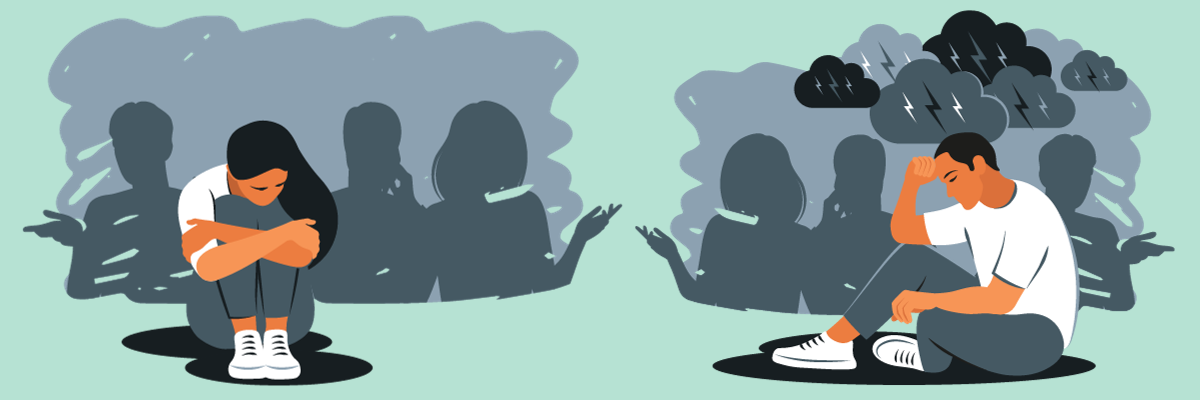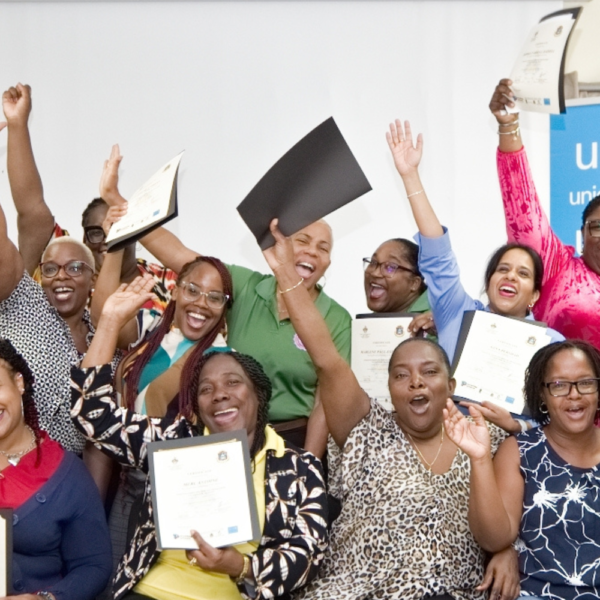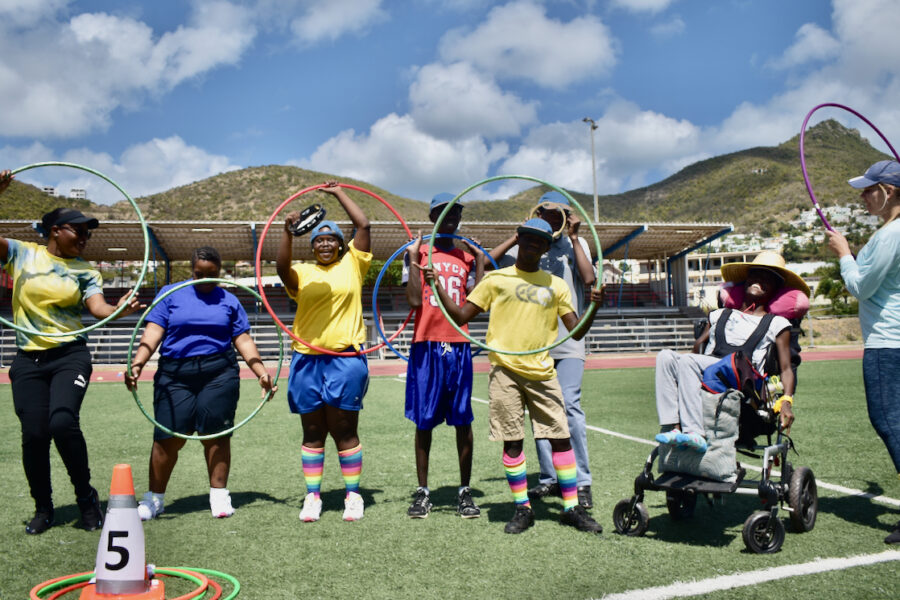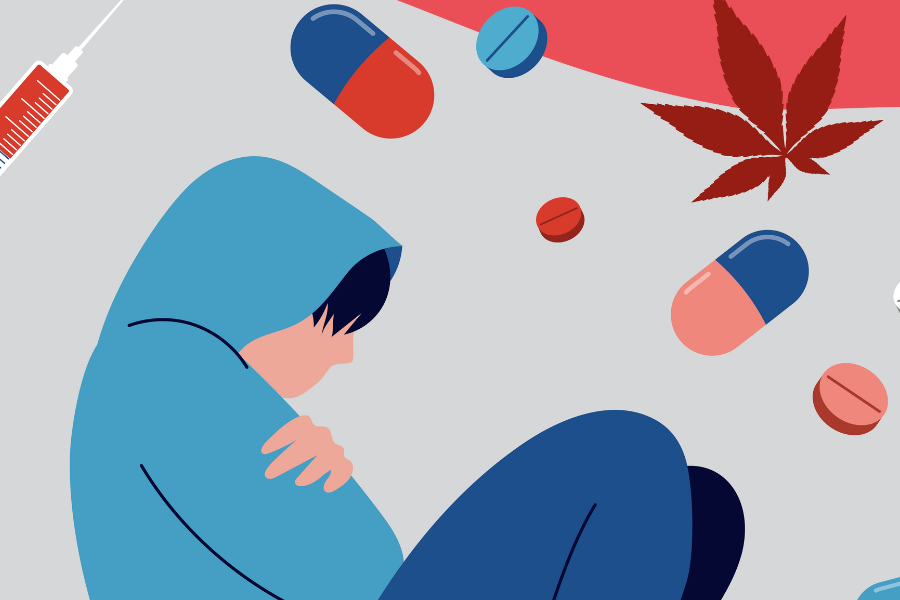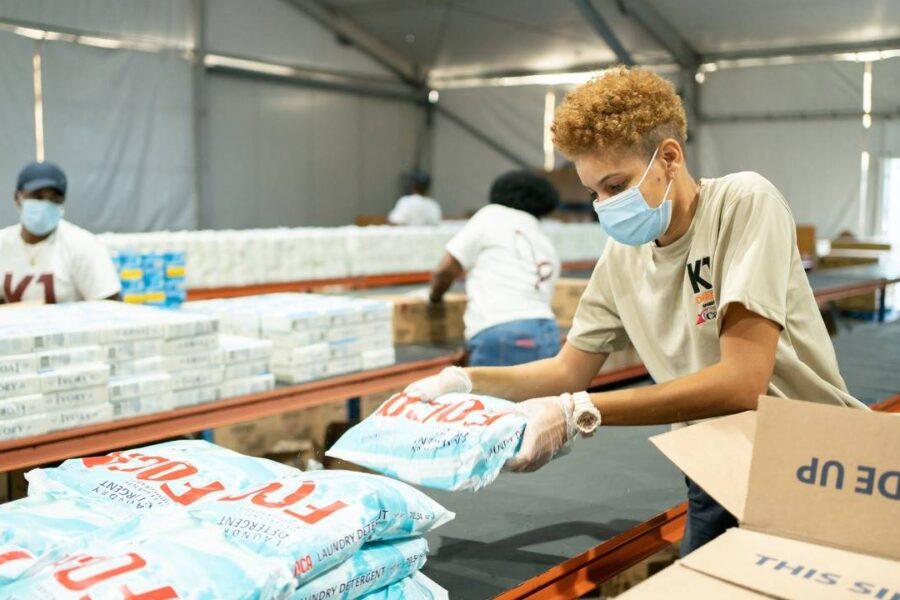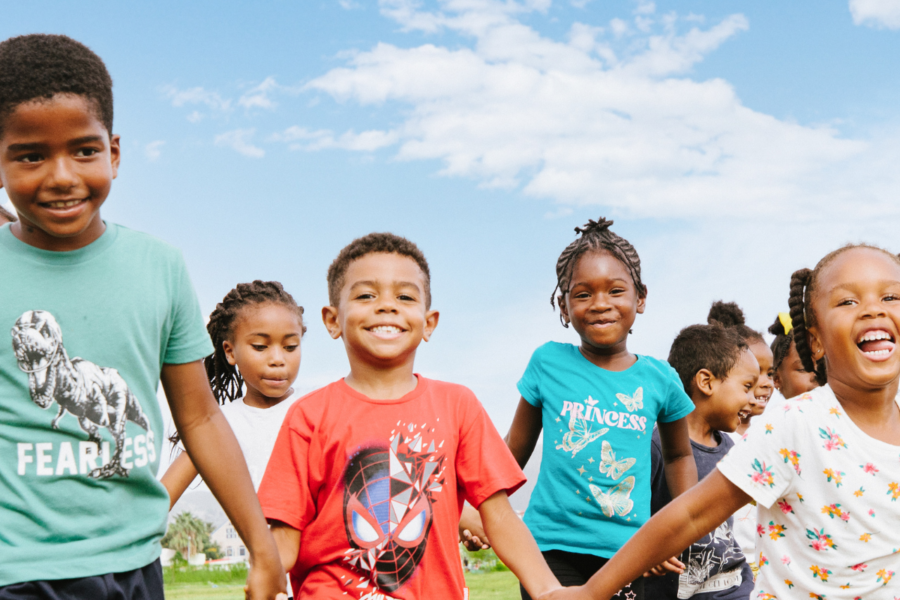By Laura Bijnsdorp
*Names are changed to protect the privacy of the individuals interviewed.
Everyone has feelings of anxiety at some point in their life. Feeling anxious about certain events is expected, such as a job interview, dentist visits, difficult conversations with friends, etc. But some people find it hard to control their worries. Their anxiety is more constant and can often affect their daily lives.
‘Social anxiety’ is a term I became more familiar with a few years ago. I was experiencing my personal struggles with depression and anxiety. My anxiety mainly happened around social situations. I would have illogical fears about what friends and family might think of me, overanalysing every conversation and gesture. It was exhausting.
However, I never have experienced anxiety to the level that Zoe has. Zoe, who is 14, has “extreme social anxiety” (also called “social anxiety disorder”). Zoe, and her mother Angela, agreed to an interview with me to “bring about better awareness about extreme social anxiety and the struggles that come with it.”
On my drive to the interview, I wondered how to approach Zoe. How do you make someone with social anxiety comfortable? Once at their home, Angela greets me at the door, and we sit at the outdoor table. She advises: “Don’t stare at Zoe too long, try not to push her to answer a question she does not want to, and give affirmations during the interview that it is going well.”
Random Symptoms
I’m happy to see Zoe walk out and join us; she looks like a regular teenager, of course, just a bit shy. Angela takes the lead, starting their story from the beginning: “Zoe experienced severe stomach issues from the age of 5. Despite numerous doctor visits, she remained undiagnosed.”
Angela explains that the issues often happened before school started, in the morning. This persisted throughout her school years. In the 6th grade, the symptoms worsened: “She was constantly questioning her choices, how she looked and her friendships, etc.” Despite the challenging year, Zoe still managed to graduate from primary school.
I look at Zoe and ask her: Was there anything that happened to make you feel worse in the 6th grade? “Bullying. Bullying made everything worse,” she answers. Angela adds: “We reported it several times, but it did not help much.”
Extreme Social Anxiety
Soon after Zoe graduated from primary school, she came across the word “extreme social anxiety”. Zoe continued to research the term, and one night while playing a board game with her mother, she announced: “Mom, I have social anxiety.” Angela: “It was a strange relief. With Zoe’s self-diagnosis and later confirmation by professionals, we could put her past symptoms in perspective.”
The diagnosis, however, has not made the last two years any easier for the family. Due to COVID-19, Zoe did not have to attend high school for several months, and this initially “felt like a blessing”, according to Zoe and her mom, because she could attend classes online.
However, by March 2021, when schools started to reopen, the prospect of going to school, seeing students, and dealing with crowded places became overwhelming: “Zoe tried every morning, she would get dressed, pack her bag, and drive with me to school. However, she could not move once at the entrance,” Angela explains. Zoe adds: “The teachers tried to persuade me to get out of the car one time; that did not go well.
No Support
It was hard for teachers to understand Zoe or adapt to her needs. However, Angela also understands their constraints. “Some teachers tried to allow Zoe to follow the class via Zoom. However, simultaneously engaging students in class and a student online is hard. Resources for teachers are already limited. So that solution was short-lived.”
Angela decided to ask the Education Department for assistance and a grace period for a year. However, “she never received a response to her letters.” The only reaction she received was being contacted by the truancy department, who took notice of Zoe’s absence from school. However, those who made enquiries “did not have much understanding for her situation” and it did not result in any assistance for Zoe.
By January 2022, Angela had found a solution: homeschooling. Zoe explains that she “enjoys being able to go to school again in a much smaller group.” Angela is also grateful that Zoe has this option; however, she admits it’s a financial sacrifice, especially as a single mother: “Homeschooling comes with a price. At least I can manage to pay for it. I cannot imagine what someone else would do if they didn’t have the resources such as finances, a supportive network, or access to information.
Seeking Help
Another challenge that Angela and Zoe face is finding the right therapist. Zoe: “It was hard doing therapy online during COVID. I did not feel a connection or feel like the therapist understood me.” Zoe’s second therapist, whom she did like, left the island for personal reasons. “We are trying a third therapist now and hope that it helps,” says Angela with a sigh.
Tennis, for a while, was also a refuge for Zoe. “There was a time that she was excelling in volleyball. However, arriving at the open environment of a court with possible spectators triggered feelings of being watched and judged,” explains Angela. So, for now, Zoe does not go to volleyball but does “want to try again in the future.”
Lonely
Zoe started to share more after talking about volleyball, admitting that having extreme social anxiety is lonely: “I was always okay with being a bit ‘different’, but after being bullied, I constantly felt this fear of not being accepted or looking bad. Some of my friends have tried to stay in touch, but the anxiety has gotten so bad that I am even often afraid to message them online… not knowing what their response will be.”
While friends and family offered some support, Zoe shares that many didn’t truly grasp the challenges: “Family members, especially adults, often don’t understand how I am feeling and my need for personal space. Hugging someone can be very difficult, but because they are family, they think they should be able to greet me this way.
I do miss my friends, but it is also hard for them to understand my challenges. Also, there is little for teens to do, and the things there are to do, are often crowded. Because of this, I have closed myself off from everybody, and it’s lonely. The loneliness is really the hardest part.”
Patience and understanding
I am quiet for a while, not knowing how to respond to Zoe’s honesty. I am impressed by how she describes her feelings. Most adults I know have a hard time admitting they feel lonely or talk about their mental health so openly.
What is next? I ask Zoe and her mother, feeling a bit defeated that there seems to be so little help available for them. “I hope the right therapist can help Zoe discover better coping mechanisms. And that Zoe continues challenging herself to connect with people and do activities outside her home,” Angela responds. Zoe says in a hopeful tone: “It would be really cool to meet another teenager who understands what I am going through!”

